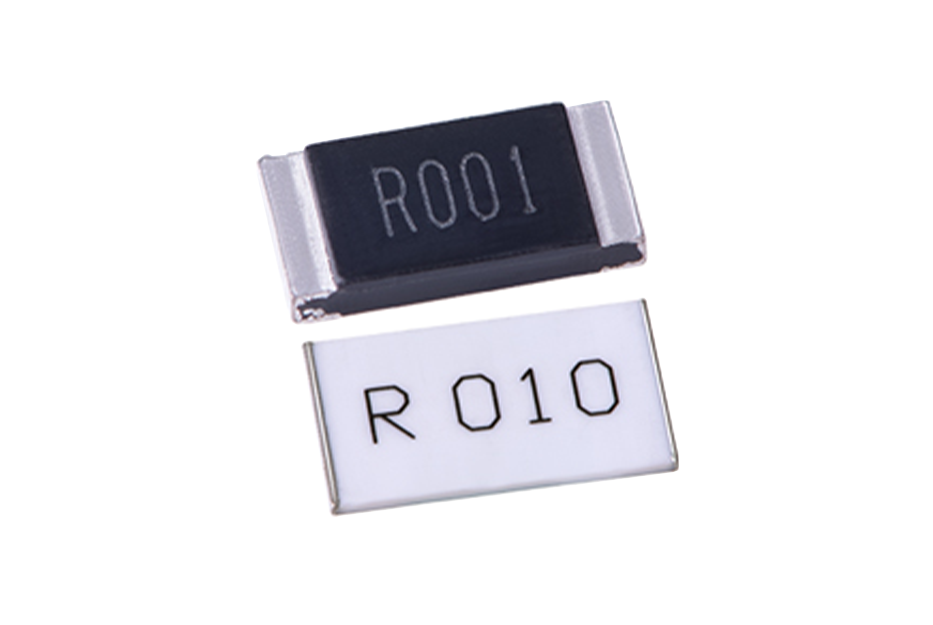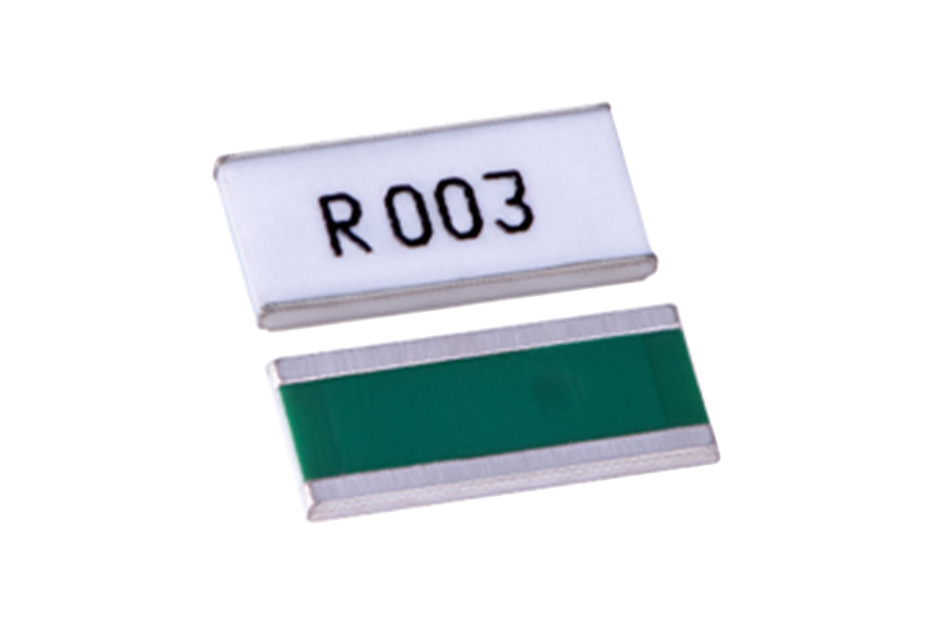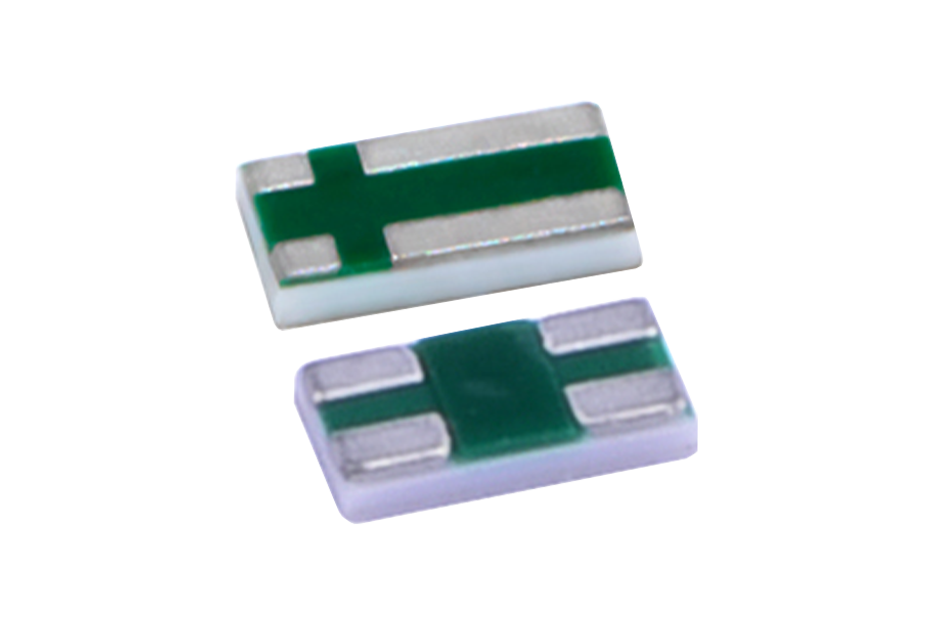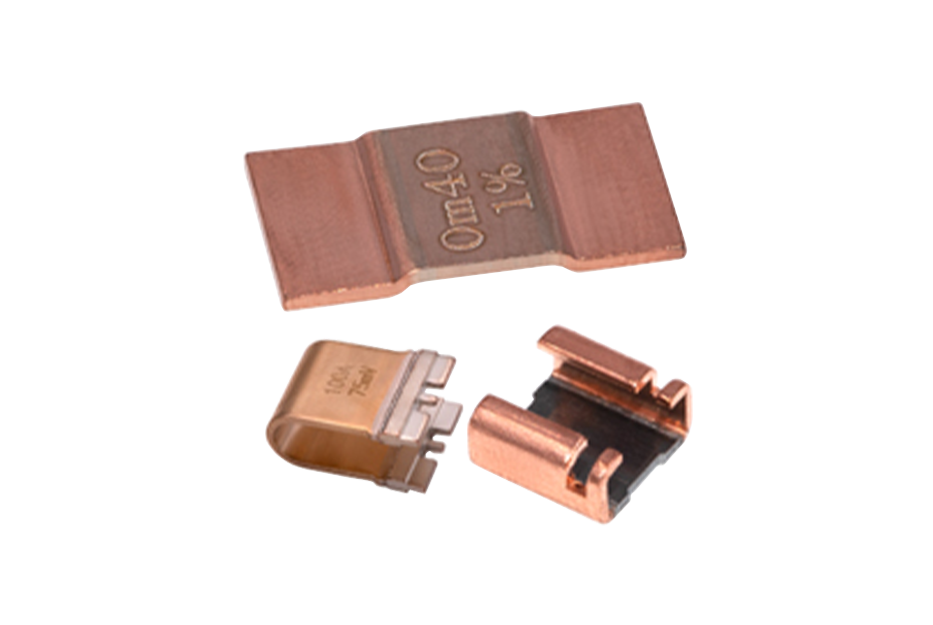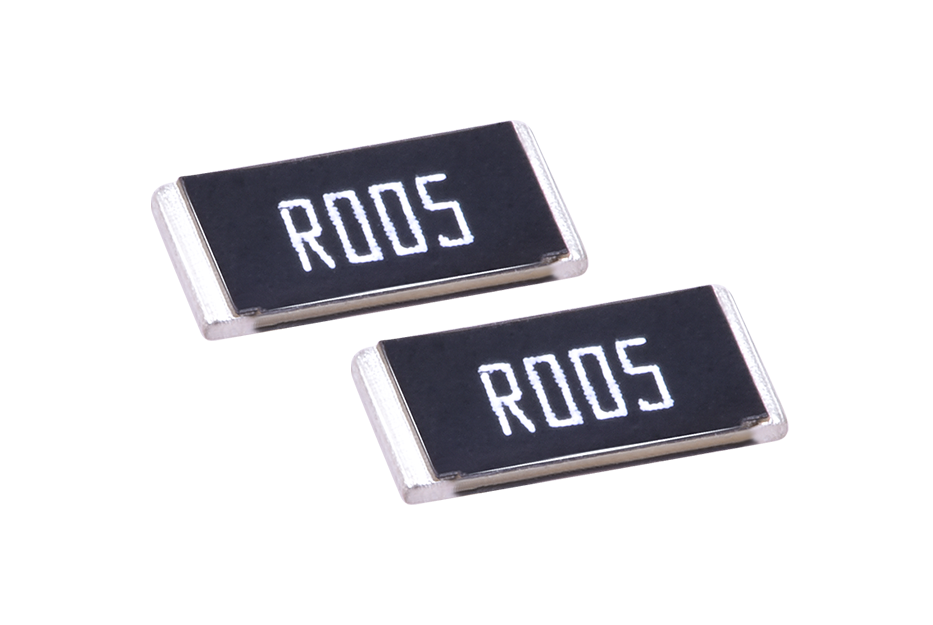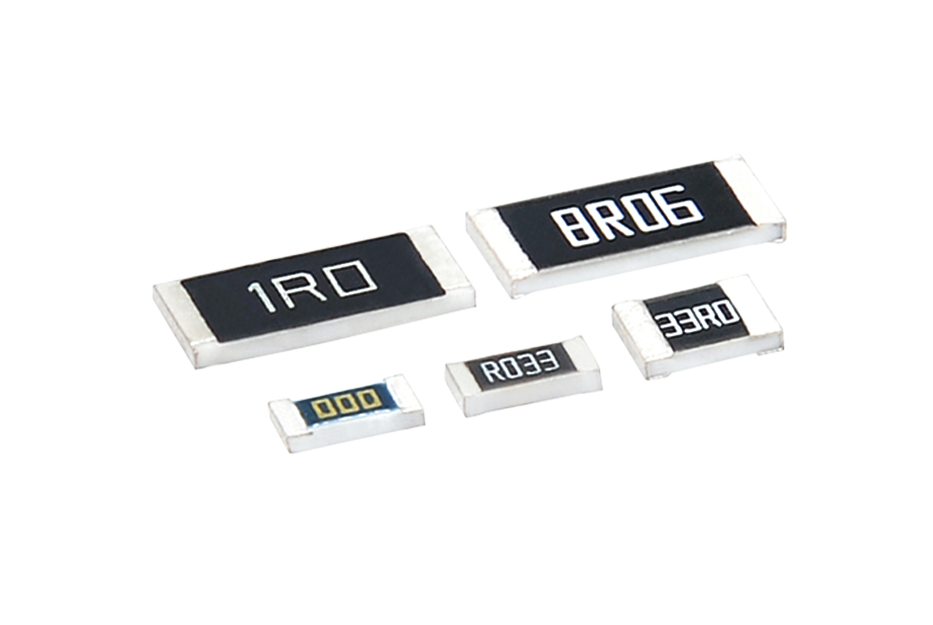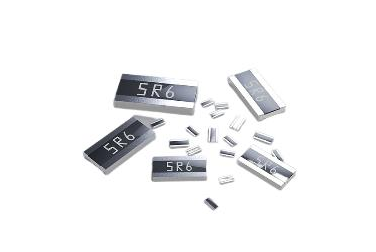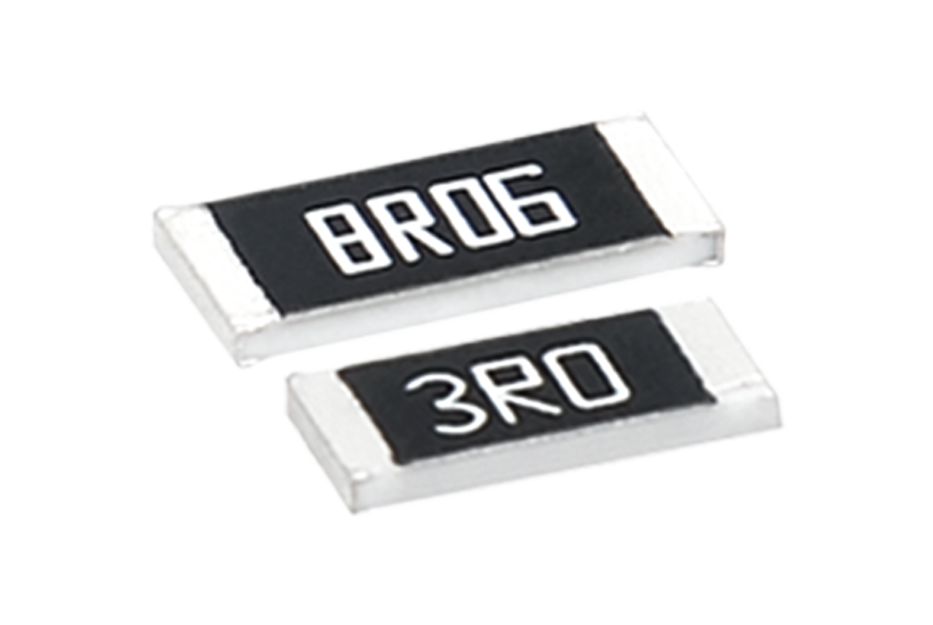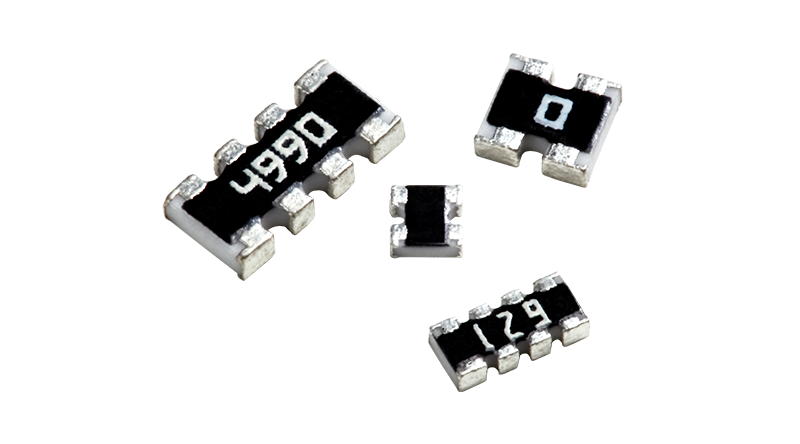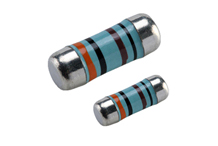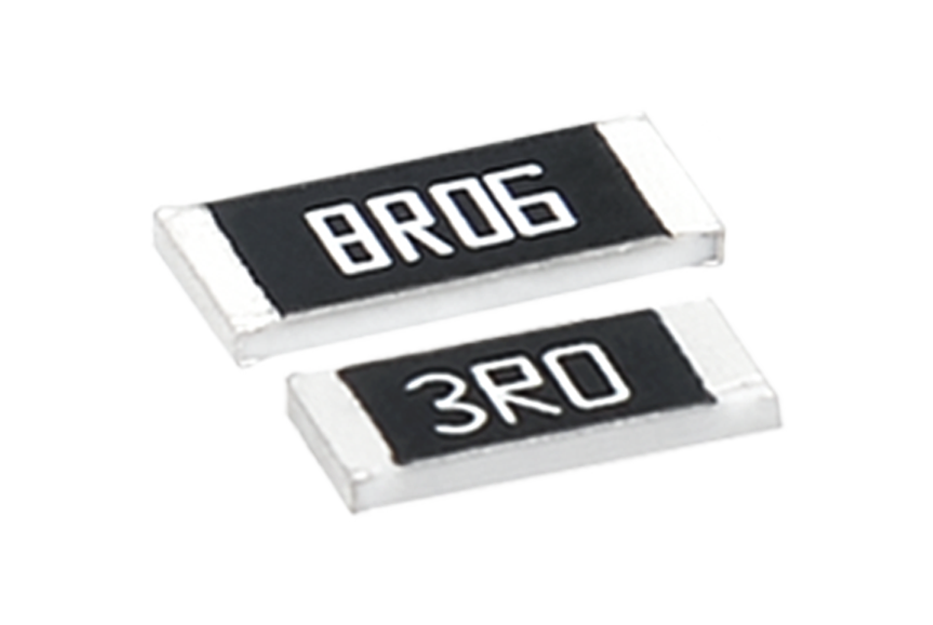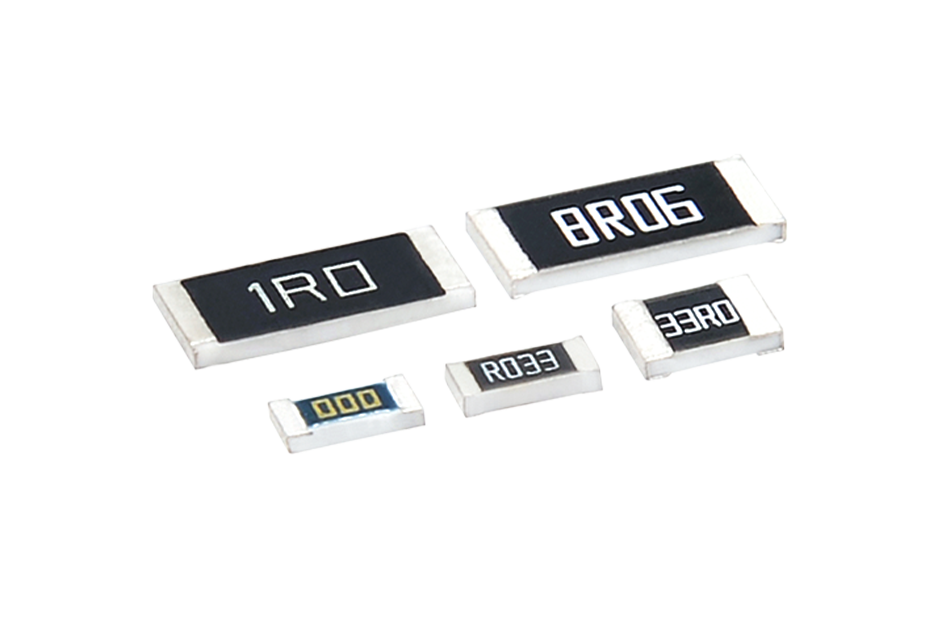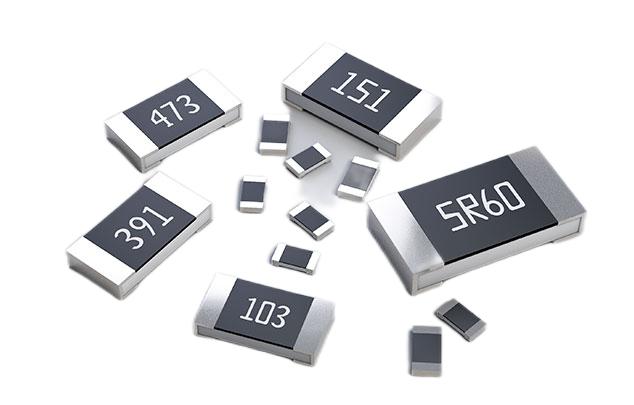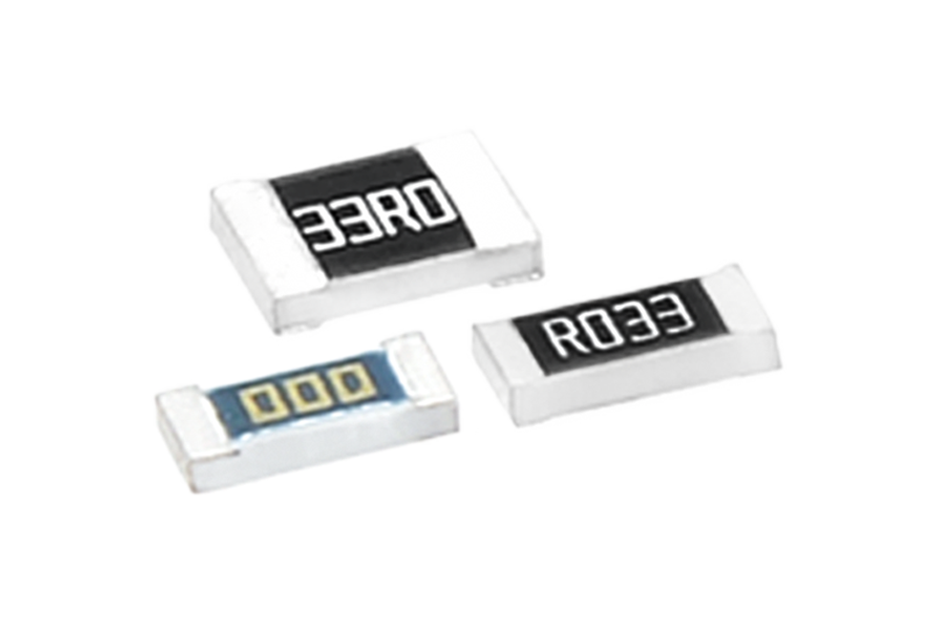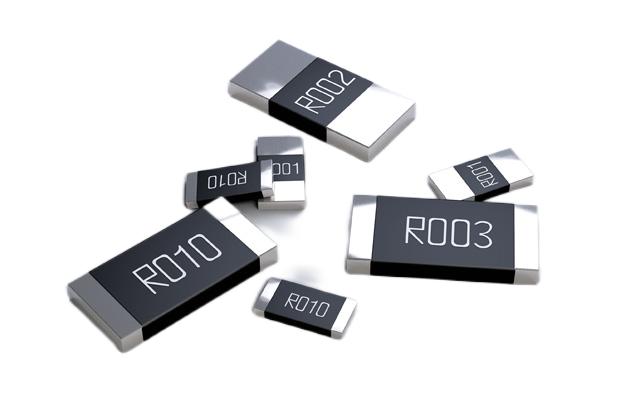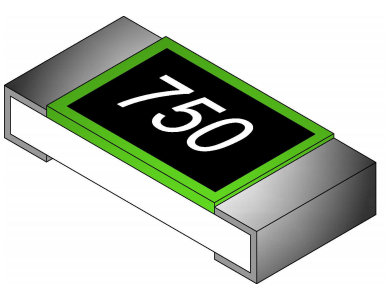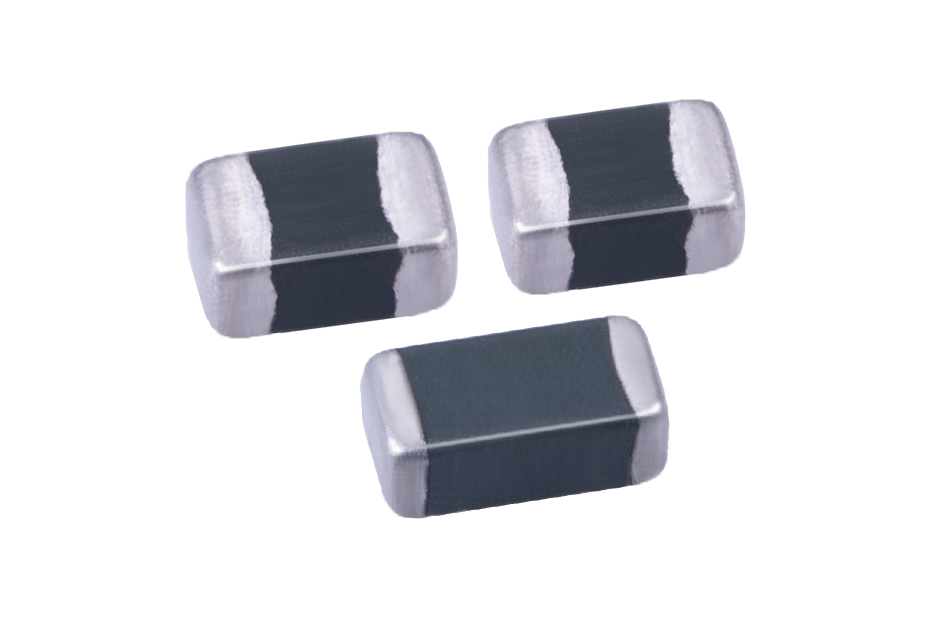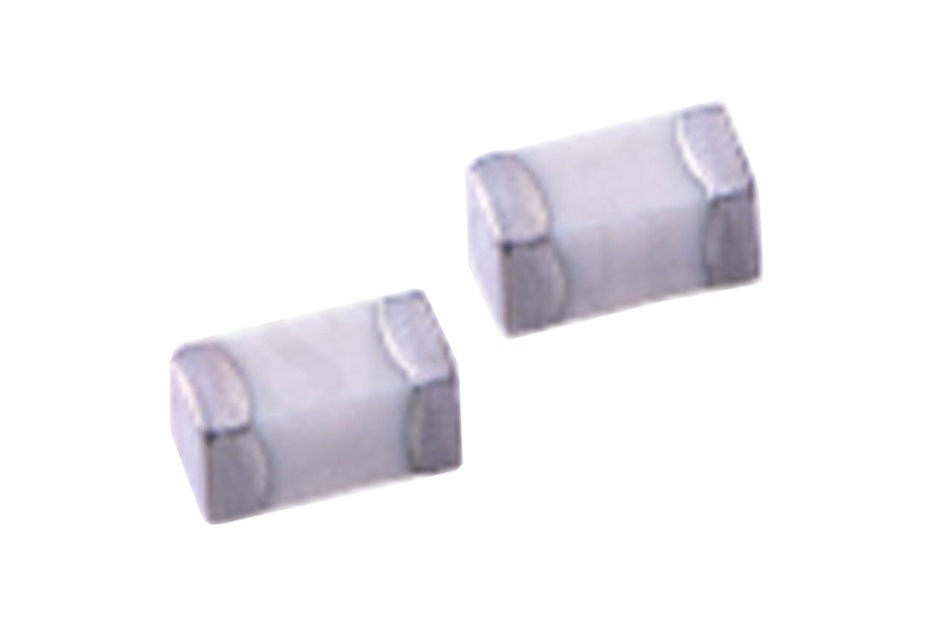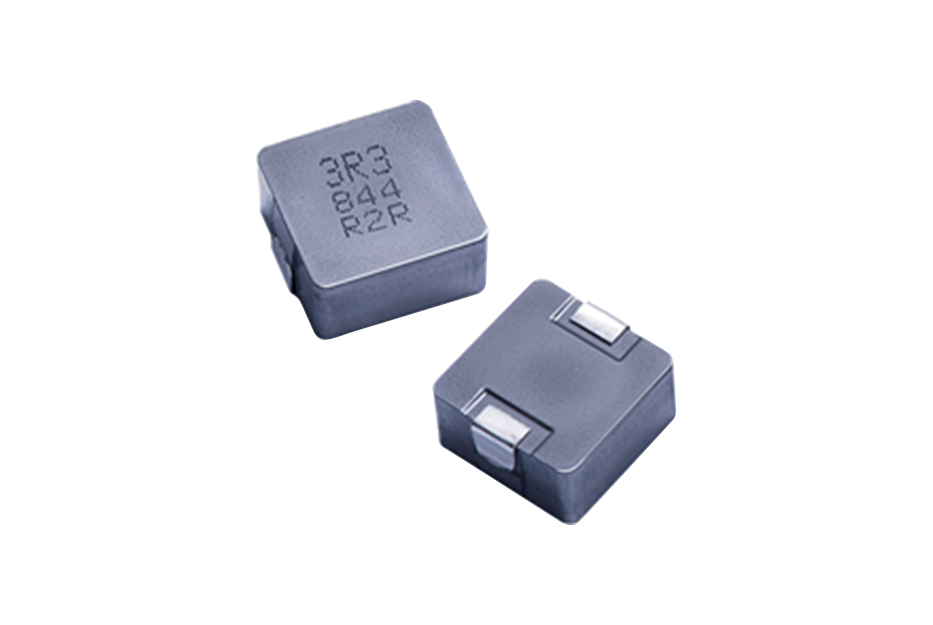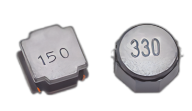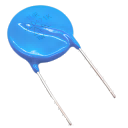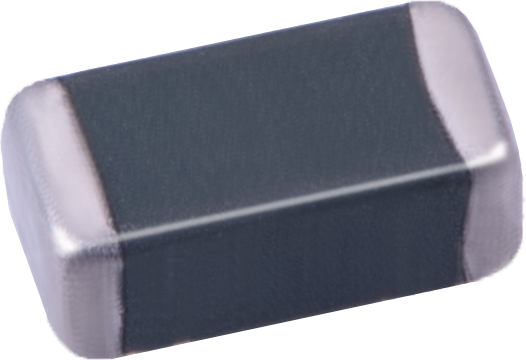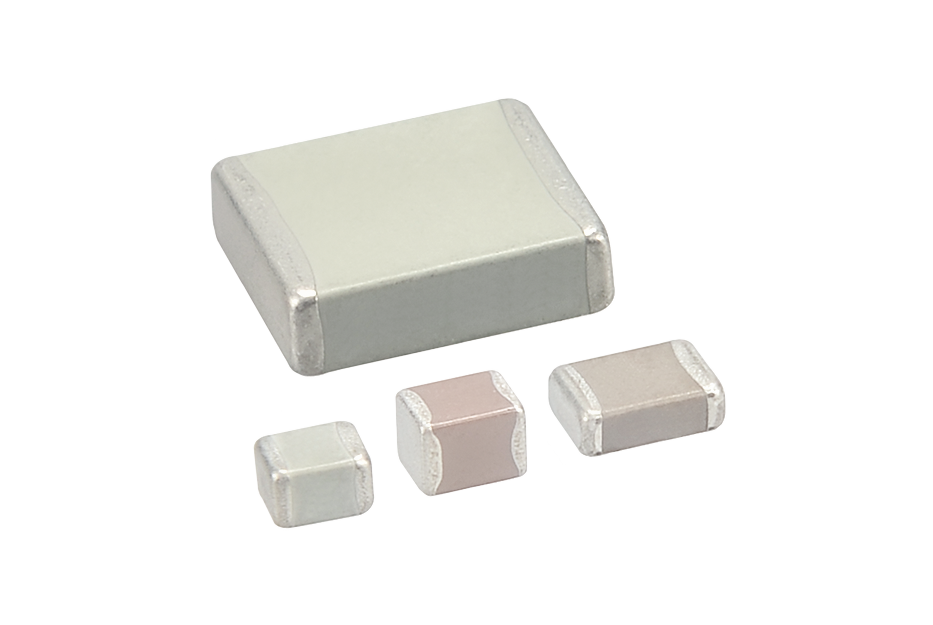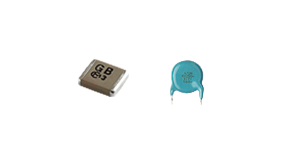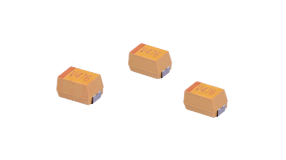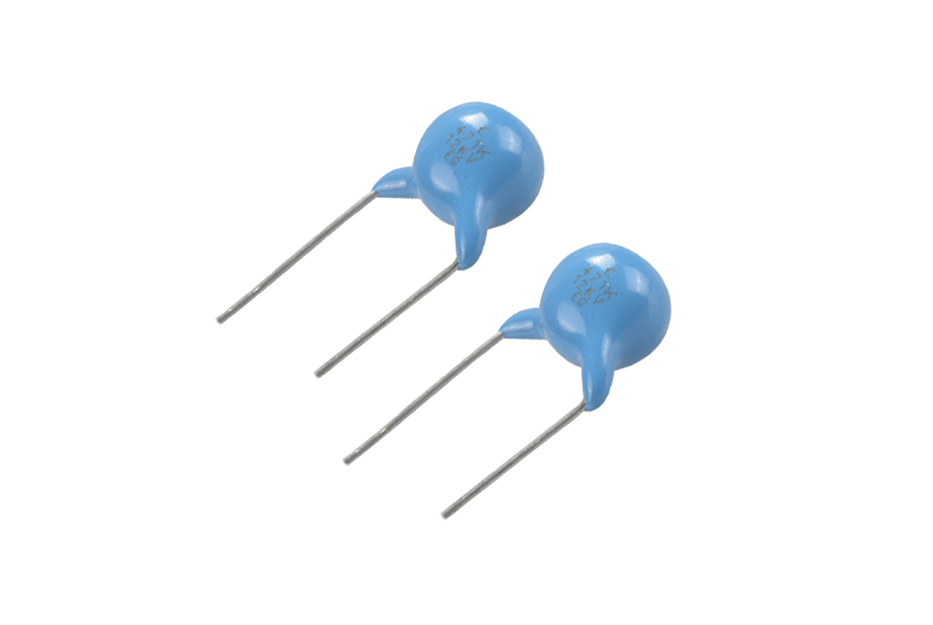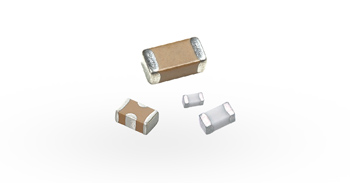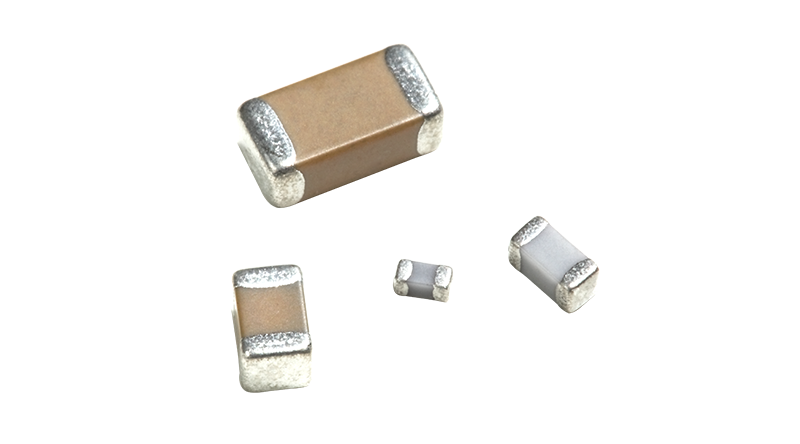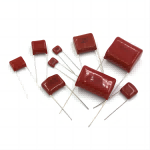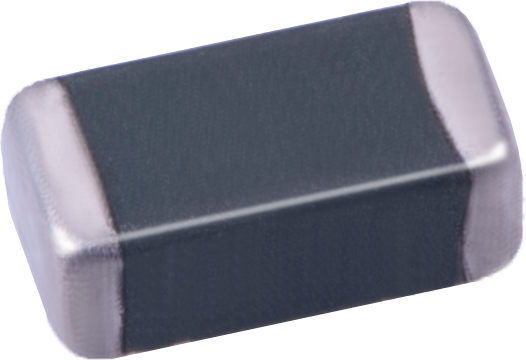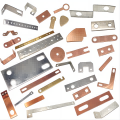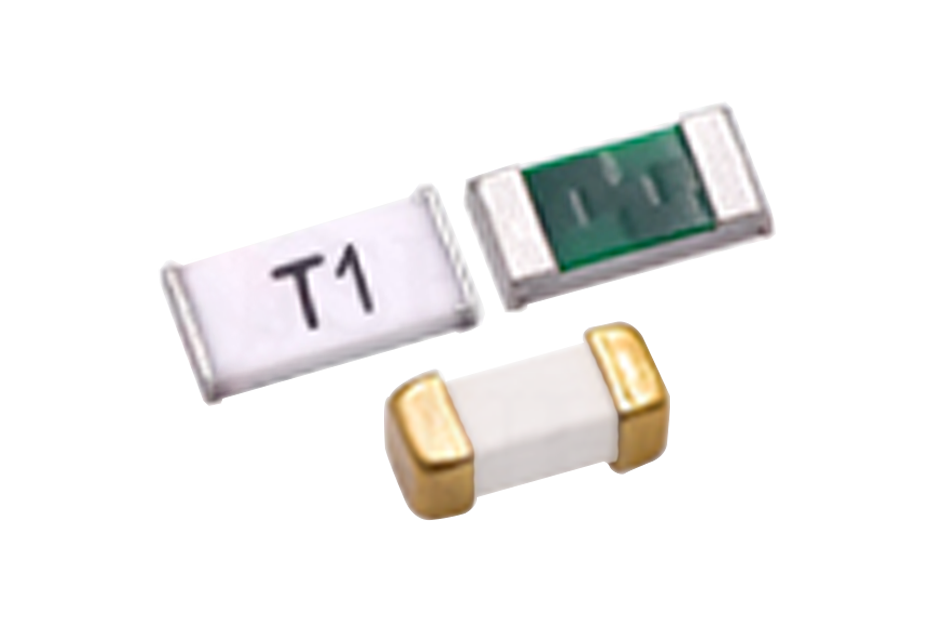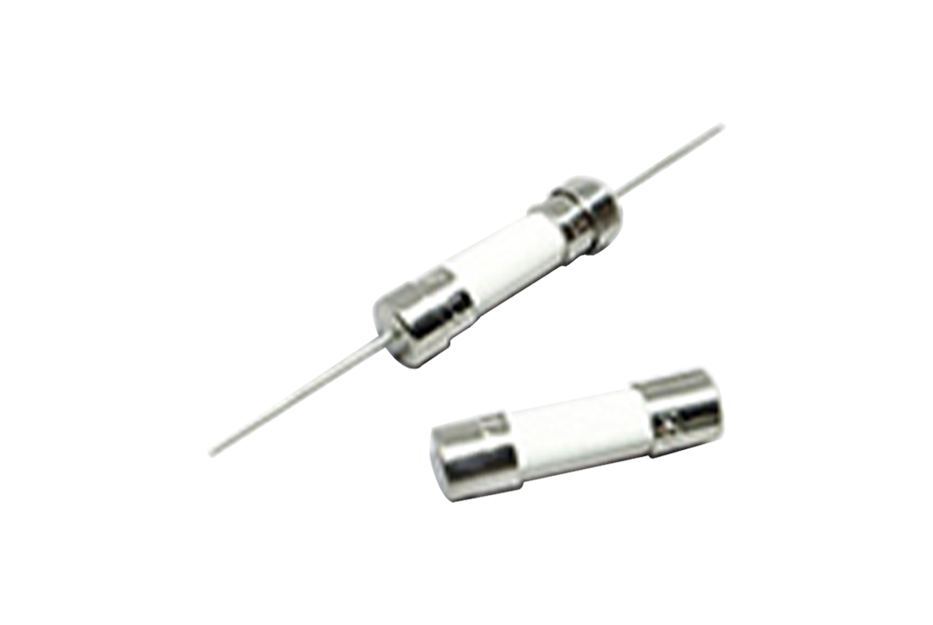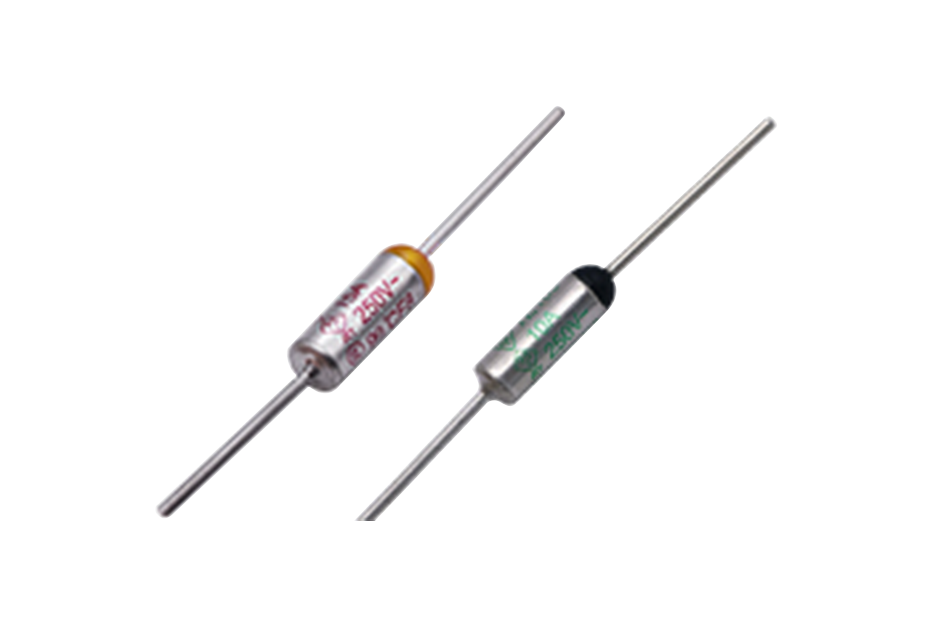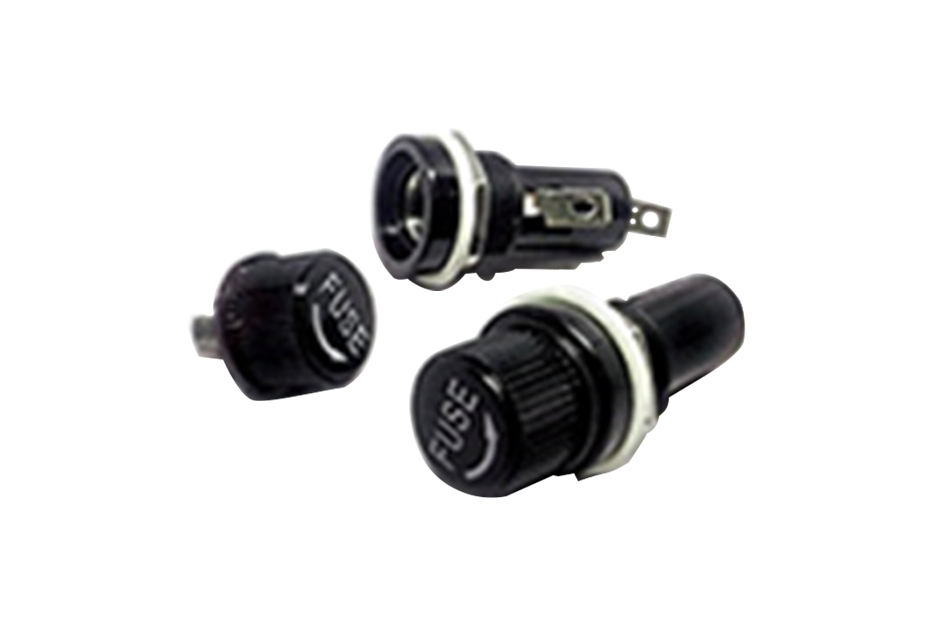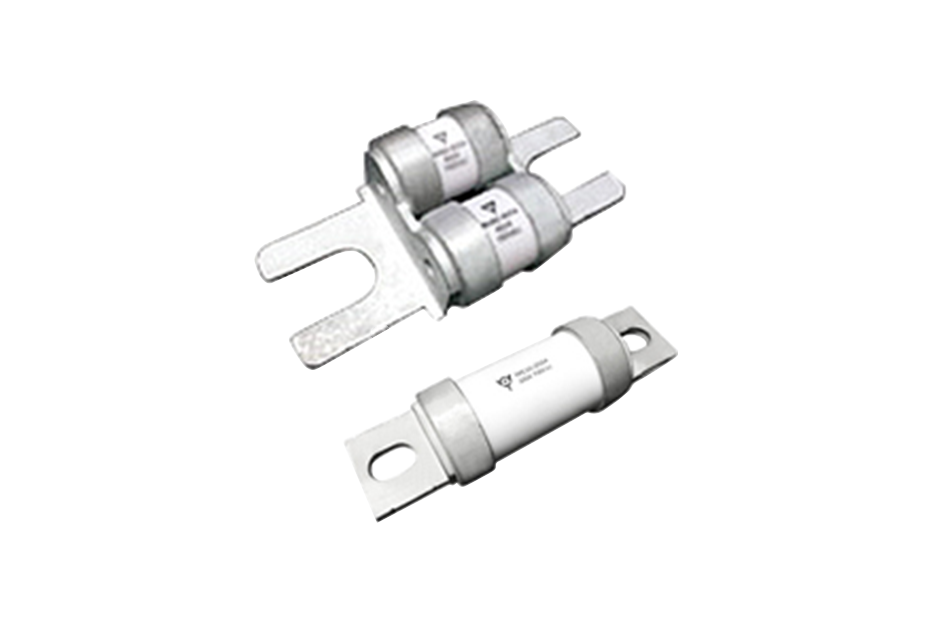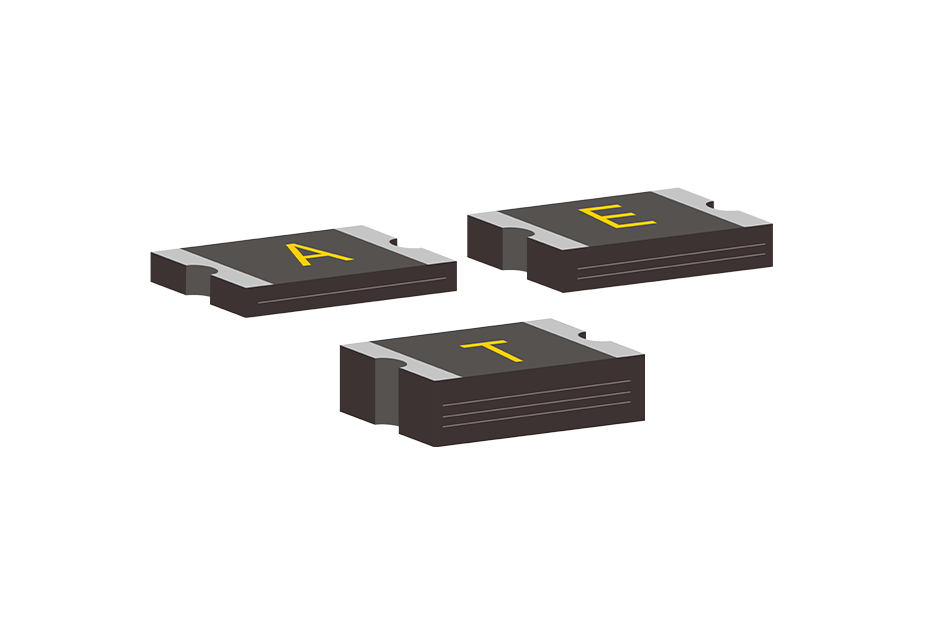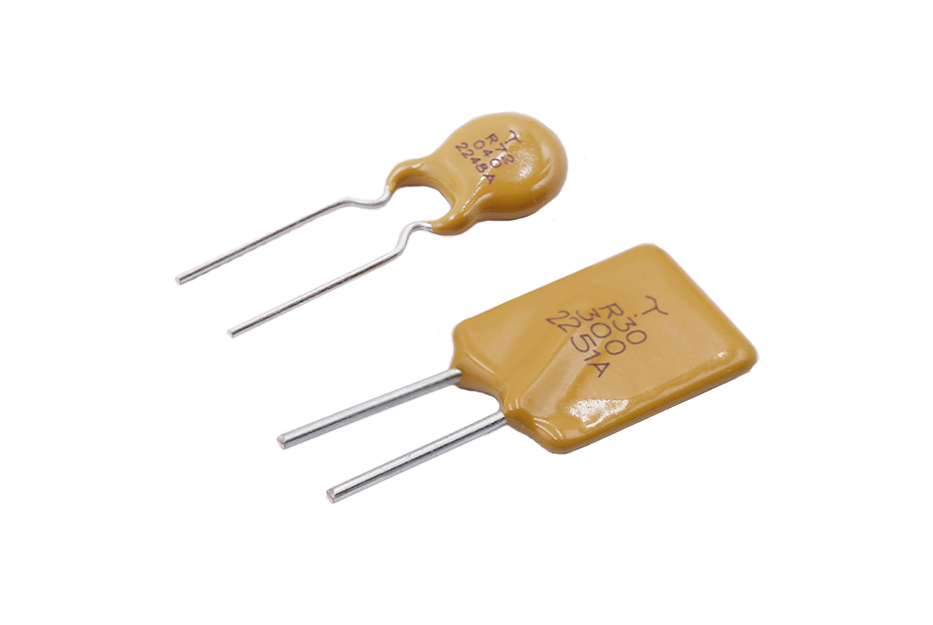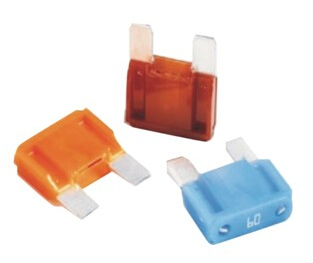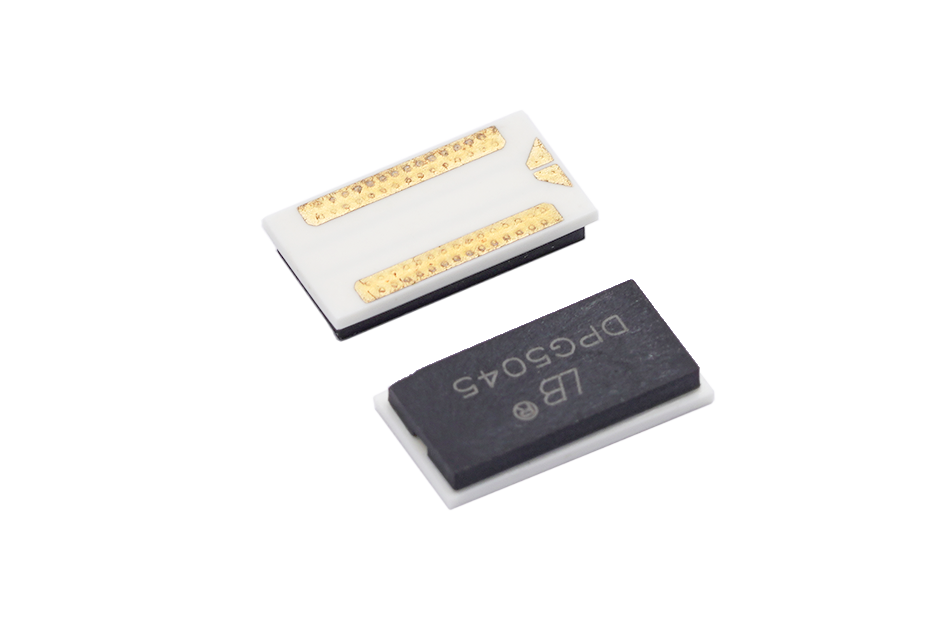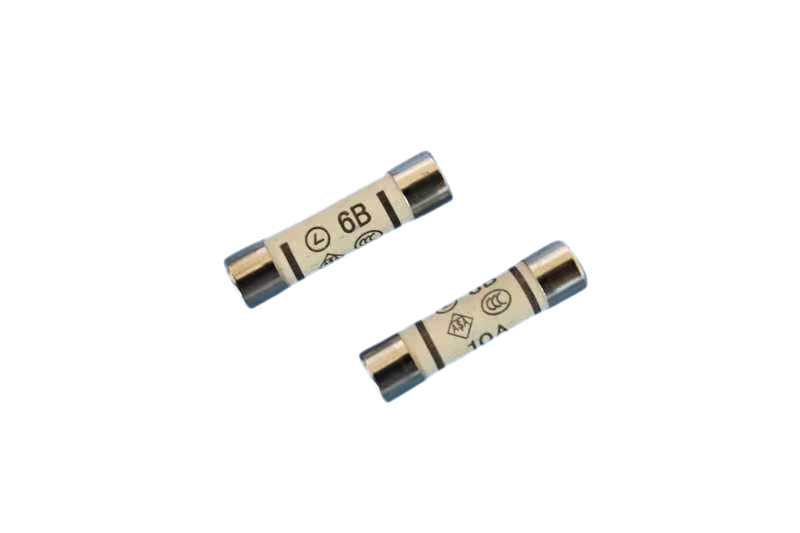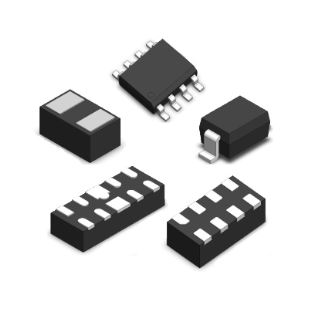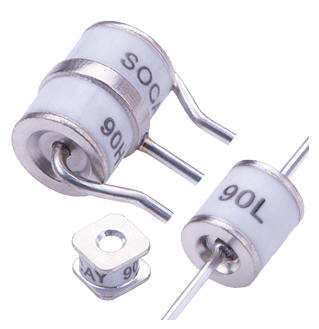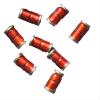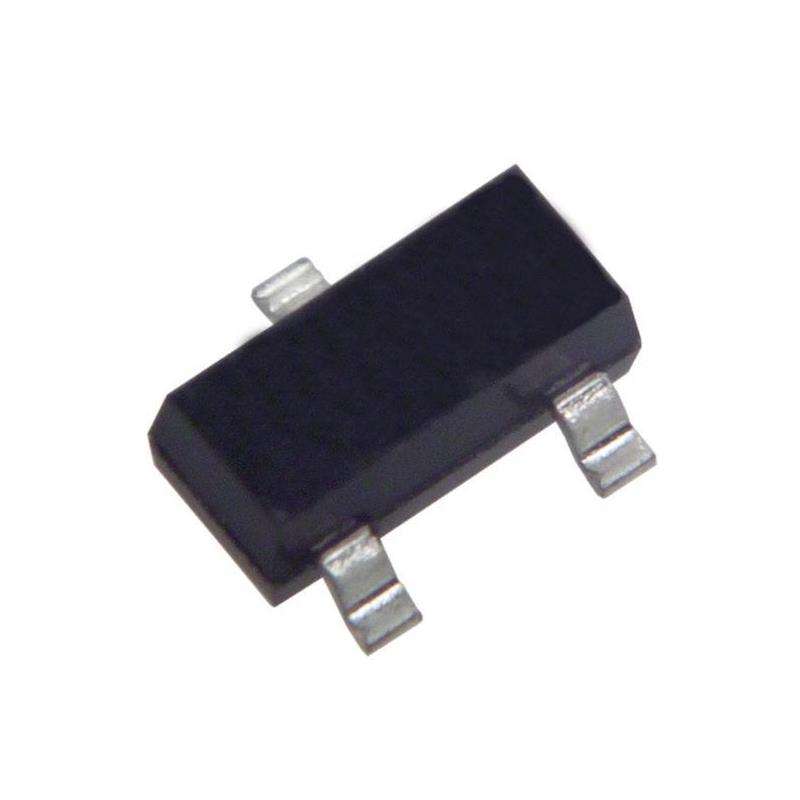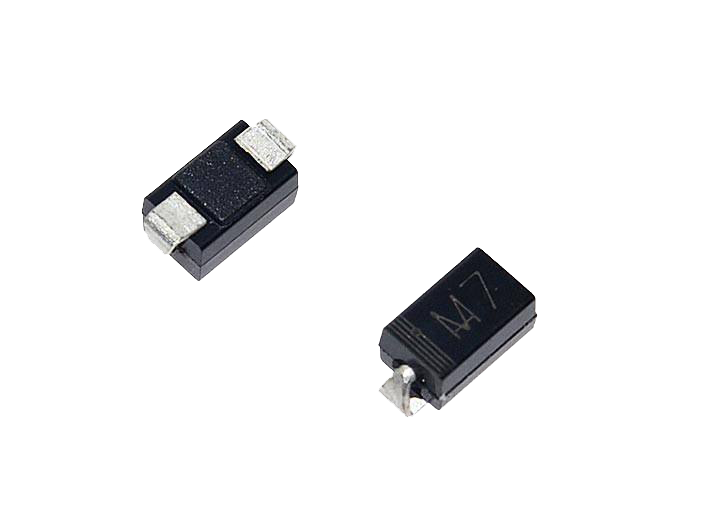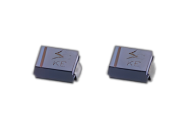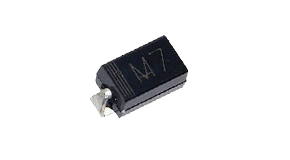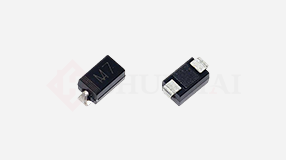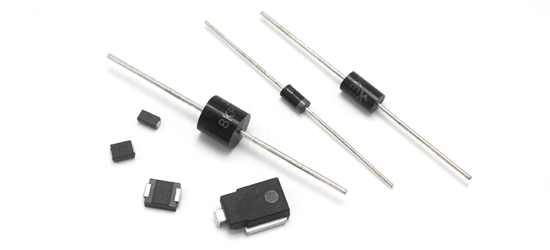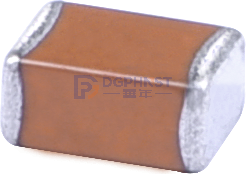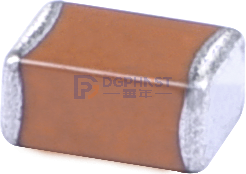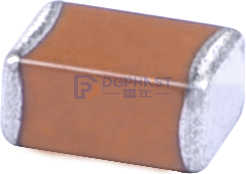MLCC chip capacitor selection list and online purchase address: click on the image to enter
MLCC (Multilayer Ceramic capacitor) is a common chip capacitor, which is widely used in electronic products. Among them, X5R and Y5V are two common materials. X5R and Y5V are two commonly used capacitor materials in MLCC chip capacitors. They have some differences in performance and characteristics, and the following will explain their differences in detail.
Firstly, X5R and Y5V are two different materials. X5R material is a Barium titanate ceramic, while Y5V material is a zirconium titanate ceramic. Both materials have high dielectric constant and high capacitance density, making them suitable for the use of high-performance electronic products.
Secondly, there are differences in temperature coefficients between X5R and Y5V. The temperature coefficient of X5R material is ± 15%, while the temperature coefficient of Y5V material is ± 22%. This means that when the temperature changes, the capacitance value of Y5V capacitor changes significantly, while the capacitance value of X5R capacitor changes less.
Thirdly, there are also differences in the operating temperature range between X5R and Y5V. The operating temperature range of X5R capacitors is usually -55 ℃ to+85 ℃, while the operating temperature range of Y5V capacitors is usually -30 ℃ to+85 ℃. Therefore, X5R capacitors are suitable for a wide range of temperature environments, while Y5V capacitors are suitable for relatively low temperature environments.
Fourthly, there are differences in capacitance and voltage range between X5R and Y5V. Generally speaking, the capacitance range of X5R capacitors is small, usually between tens to hundreds of picfaradas. The capacitance value range of Y5V capacitors is large, ranging from a few picfaradas to tens of microfarads. Compared to capacitance values, the voltage ranges of X5R and Y5V are relatively similar, usually between tens to hundreds of volts.
Fifth, there is also a price difference between X5R and Y5V. Generally speaking, the price of X5R capacitors is relatively high because they have stable performance and a wide temperature range. The price of Y5V capacitors is relatively low, making them suitable for applications with less stringent temperature requirements.
In summary, X5R and Y5V are two common MLCC chip capacitor materials. They differ in terms of temperature coefficient, operating temperature range, capacitance value, and voltage range. The choice of capacitor material should be determined based on specific application requirements.

